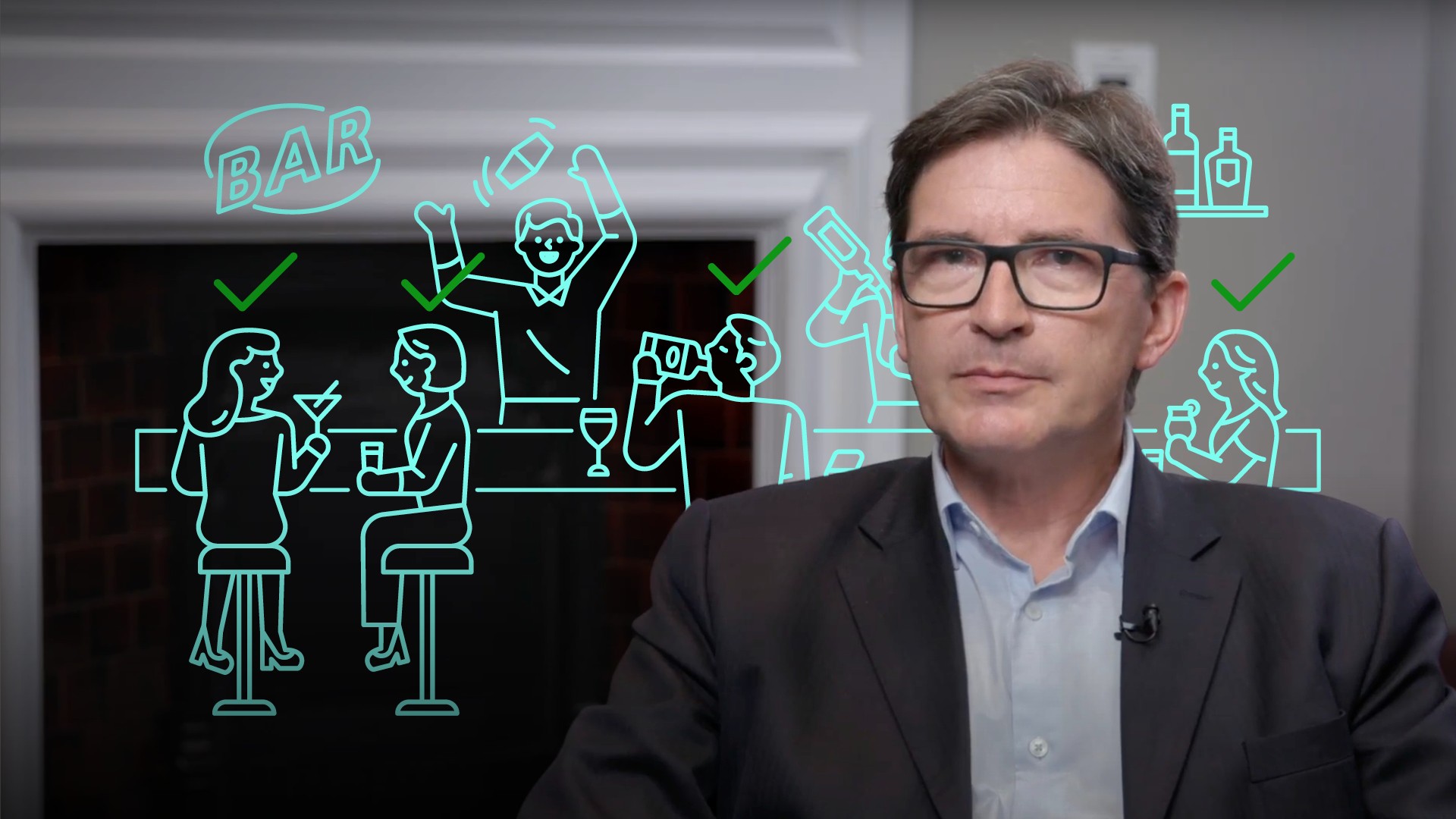
Unconscious Bias and Cognitive Diversity

Roger Miles
25 years: Behavoural science & conduct
To conclude this series, Roger explains the importance of psychological safety, cognitive diversity and dealing with unconscious bias in promoting a healthier work environment, and increasing efficiency within your business.
To conclude this series, Roger explains the importance of psychological safety, cognitive diversity and dealing with unconscious bias in promoting a healthier work environment, and increasing efficiency within your business.
Subscribe to watch
Access this and all of the content on our platform by signing up for a 7-day free trial.

Unconscious Bias and Cognitive Diversity
11 mins 55 secs
Key learning objectives:
Define cognitive diversity
Define unconscious bias, and how can we overcome it
Describe psychological safety
Determine some common conduct conversation questions
Overview:
The greater the range of human experience you bring to bear on identifying a problem, the better you’ll be able to overcome it. Being able to draw on a resource of people with a wider range of ways of thinking and life experiences helps avoid the collective blindness brought on by ‘assumed framing’ of a topic and it prevents the onset of groupthink.
Subscribe to watch
Access this and all of the content on our platform by signing up for a 7-day free trial.
What is unconscious bias?
As human animals, we evolved to be sociable creatures; our brains are wired in a way that’s best suited to living in a close social group. We find it comforting to be surrounded by people who think the same way, who reflect our points of view. At the level of small unconscious biases, our animal brain can end up hijacking the common purpose and cohesion that’s needed in a modern workplace.
E.g. When you're looking to hire a team colleague, is your own comfort zone nudging you to hire the person who fits your preconception of what a supportive member of the social group looks like?
How can we tackle the issue of unconscious bias?
We need to make a conscious effort to look beyond our automatic preference for more of the same. Also known as performance attribution bias. This is the thought that people who resemble me must be better than people who don’t resemble me. We need to get into a new habit, to actively welcome challenges from people who think differently to us.
What is psychological safety?
Psychological safety is the freedom for example to ask a tricky question without fear of reprisal. This is likely to include traits such as:
- Hiring for diversity
- Having moral courage
- Everyone has a good personal understanding of their firm’s value to society
What are some typical conduct conversation questions?
- How alert are we to hot topics that our customers, investors, regulators, supply chain partners and colleagues here most care about today?
- If we know they have concerns about how we do our work, how do we find out and get them talking with us to share this knowledge?
What are some simple questions we can ask ourselves?
- How good are you at seeing yourselves as others see you?
- How much do you rely on internal assurances that everything’s fine? - or do you look outside the business for evidence of what people think of you, whether your activities and attitudes are OK with them?
- Do you ever get an outside opinion to verify what you think you know about whether your behaviour is OK from other people’s point of view?
What are some examples of diversity indicators?
Gender, ethnicity, sexuality, social origins, cognitive diversity.
What is cognitive diversity?
This factor looks at how capable you are, as a firm, at considering problems in new ways, at freeing yourselves from preconceptions.
What is the benefit of having a team with more life experience?
Being able to draw on a resource of people with a wider range of ways of thinking and life experiences helps avoid the collective blindness brought on by assumed framing of a topic, and prevents the onset of groupthink.
What is the importance of a ‘healthy challenge’?
This could be as simple as putting a hand up when asking a question. It is vital to prevent overconfidence and to challenge the opinions held and decisions made by people who happen to speak the loudest. At its best, this kind of challenge transforms a business.
What is recombining, and why is it important?
Where people exchange and merge ideas, sharing thoughts from different fields. The biggest leaps forward occur when groups of people engage in this concept.
Subscribe to watch
Access this and all of the content on our platform by signing up for a 7-day free trial.

Roger Miles
There are no available Videos from "Roger Miles"



























